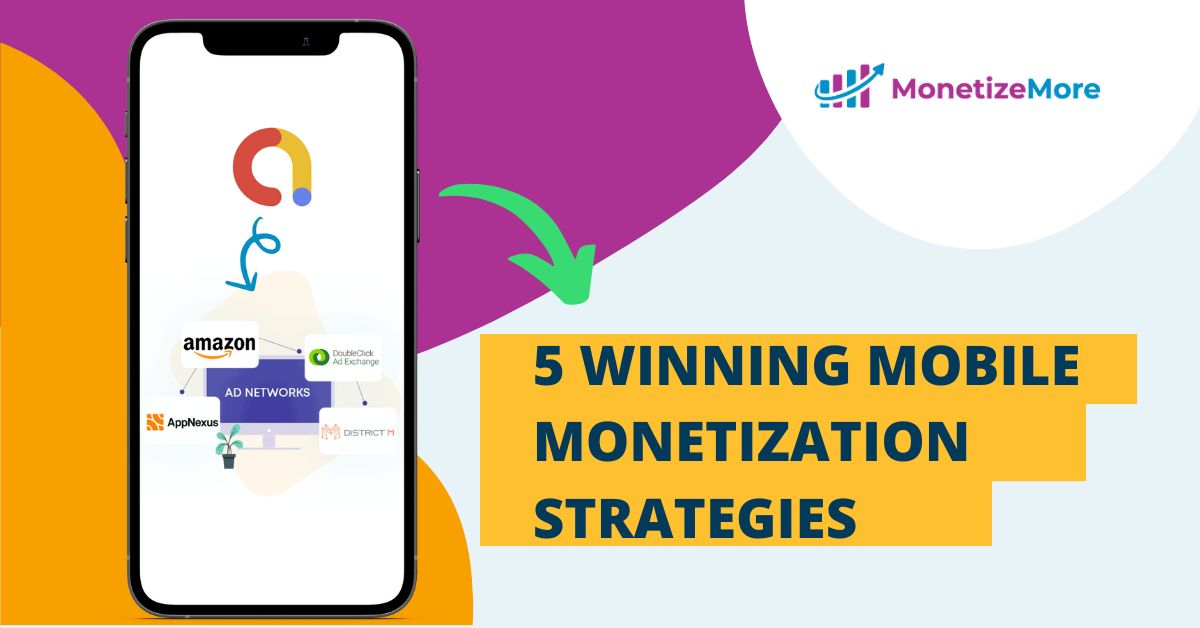
This post was most recently updated on March 27th, 2025
If you’re a mobile app publisher, finding the right mobile app monetization models can be crucial to the success of your app. You need to stay up-to-date with the latest mobile monetization trends to maximize your revenue potential.
In this article, we’ll explore five winning app monetization models that are relevant right now, including in-app advertising, subscription-based models, in-app purchases, sponsored content, and user-generated content.
Whether you’re launching a new app or looking to optimize your current mobile app monetization model, these tactics can help you generate 10X more ad revenue while reaching your target audience.
In-app advertising is a highly effective monetization tactic for mobile app publishers. With the increasing use of mobile devices, in-app advertising provides an opportunity for publishers to reach a large audience and generate revenue.
There are several types of in-app ads that publishers can integrate into their apps, such as banner ads, interstitials, rewarded video ads, and native ads. Banner ads are typically displayed at the top or bottom of the app screen, while interstitials are full-screen ads that appear between app screens or during natural breaks in the user experience. Rewarded video ads allow users to watch a video ad in exchange for a reward, such as in-game currency or access to premium content. Native ads blend seamlessly into the app’s design and offer a more engaging and less intrusive advertising experience.
In-app advertising is an effective monetization strategy because it allows publishers to monetize their app without charging users. Instead, publishers earn revenue from the ads displayed within their app. In addition, in-app advertising can be highly targeted, providing users with relevant and personalized ads based on their interests and behavior. This can lead to higher engagement and better conversion rates for advertisers, which in turn translates into higher revenue for publishers.
This monetization strategy offers a win-win situation for both publishers and advertisers. Publishers can generate revenue without charging users, and advertisers can reach a highly engaged and targeted audience. By implementing in-app advertising into their mobile app monetization strategy, publishers can unlock significant revenue potential and drive growth for their apps.
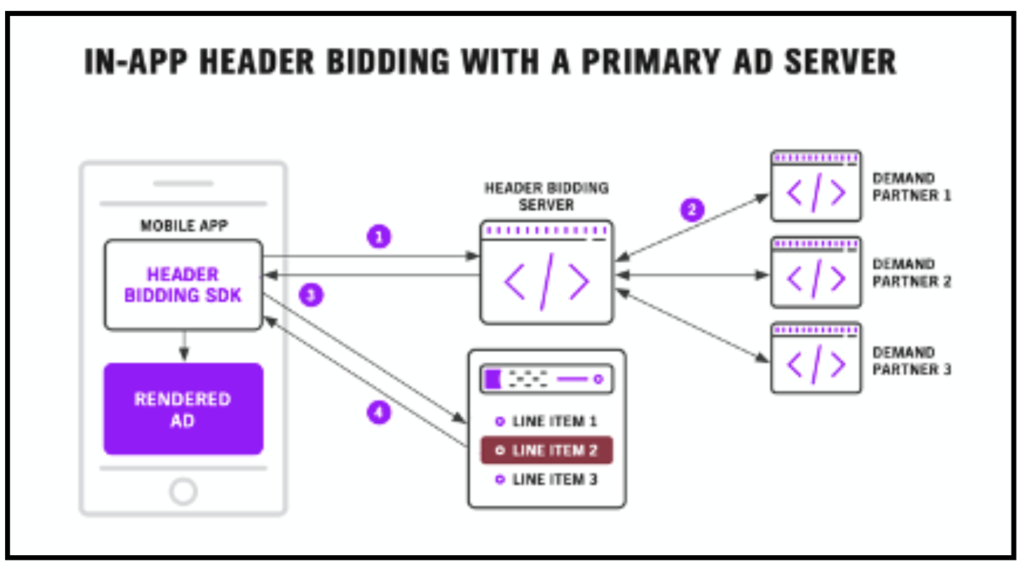

Subscription-based models are becoming increasingly popular in the mobile app industry. Publishers can offer users a variety of subscription options such as monthly or yearly subscriptions, which offer exclusive content or features to users who pay for it. This approach is effective for publishers who have high-quality content and loyal users. This is because subscription-based models provide a recurring revenue stream that can be more reliable and predictable than other monetization strategies.
By offering exclusive content or features to users who pay for a subscription, publishers can incentivize users to become loyal subscribers. This can lead to a more stable revenue stream compared to one-time purchases or in-app advertising, which can be unpredictable.
Subscription-based models are particularly effective for publishers who have high-quality content or a niche audience. By providing content or features that users cannot access elsewhere, publishers can create a sense of exclusivity and value for their subscribers. This can lead to higher engagement, retention, and customer lifetime value.
This low-key money-making model can help publishers to build a stronger relationship with their users. By offering personalized content or features to subscribers, publishers can create a sense of community and loyalty around their app.
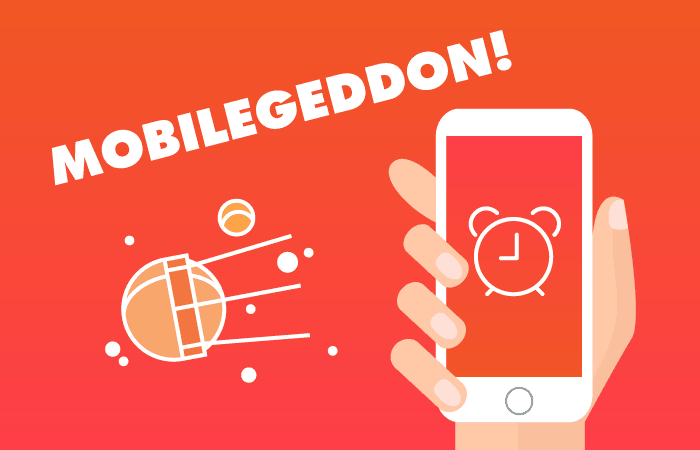
Publishers can generate revenue by partnering with brands to offer sponsored content within their app. This approach is effective when the sponsored content is relevant and valuable to users. It can be done through a variety of formats such as native ads, sponsored posts, or sponsored features.
The mobile game, Candy Crush, has successfully used sponsored content to generate revenue. Candy Crush partners with brands to promote their products or services through in-game advertisements or branded levels. By providing a fun and engaging experience for users, Candy Crush can integrate sponsored content seamlessly into the game while generating significant revenue. According to reports, Candy Crush’s parent company, King, generated over $1.8 billion in revenue in 2020, primarily through in-app purchases and advertising.
This is why sponsored content is a highly effective mobile app monetization strategy for mobile app publishers, and many apps have successfully used it to generate significant revenue. By partnering with brands to promote their products or services, publishers can monetize their apps while providing value to users and advertisers.
Google keeps rolling out mobile algorithm updates – this time intended to hit sites with intrusive pop-ups and interstitials. Google has made some interesting guidelines to help publishers understand what comprises a bad/good interstitial ad. The bottom line is to enable content accessibility for users:
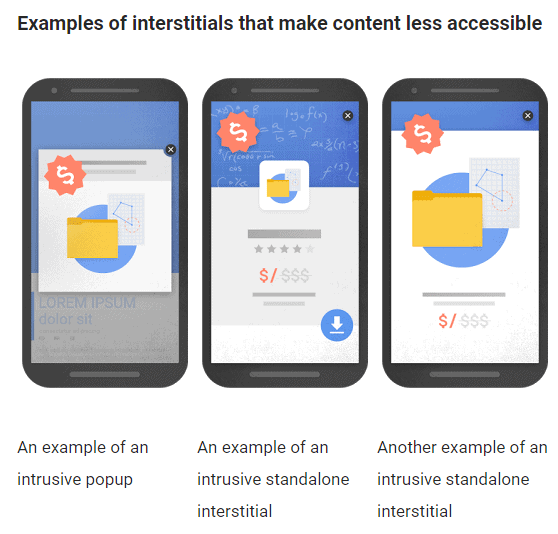
Source: webmasters.googleblog.com
Interstitial display techniques that make content less accessible to a user:
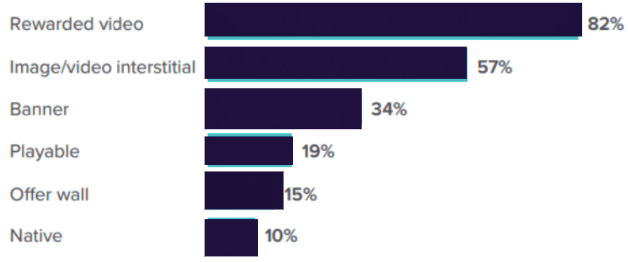
One mobile app monetization model specifically for gaming is rewarded video ads. Rewarded video ads are a type of in-app ad that offers users an incentive, such as in-game currency or virtual goods, in exchange for watching a video ad. This type of ad is highly effective in gaming apps, as users are often motivated to watch the ad in order to gain an advantage in the game.
Rewarded video ads are a win-win for both publishers and users. Publishers can generate revenue from advertisers while providing users with a positive user experience and incentivizing them to engage with the app. Users, in turn, are rewarded for their engagement with the app and are more likely to stay engaged and loyal.
Moreover, rewarded video ads can also lead to increased user retention and revenue for publishers. By offering users an incentive to engage with the app, publishers can encourage users to return to the app and continue engaging with it over time. This can lead to increased ad revenue and in-app purchases, as users are more likely to make purchases when they are highly engaged with the app.
By offering users an incentive to engage with the app, publishers can increase user retention and revenue over time.
So there you have it! Users are omni-channel and mobile is leading the way. Do not leave money on the table by not adopting the right mobile app monetization model. To assist you in optimizing your mobile inventories, register FREE as our Premium Publisher.
Related Posts:

With over ten years at the forefront of programmatic advertising, Aleesha Jacob is a renowned Ad-Tech expert, blending innovative strategies with cutting-edge technology. Her insights have reshaped programmatic advertising, leading to groundbreaking campaigns and 10X ROI increases for publishers and global brands. She believes in setting new standards in dynamic ad targeting and optimization.
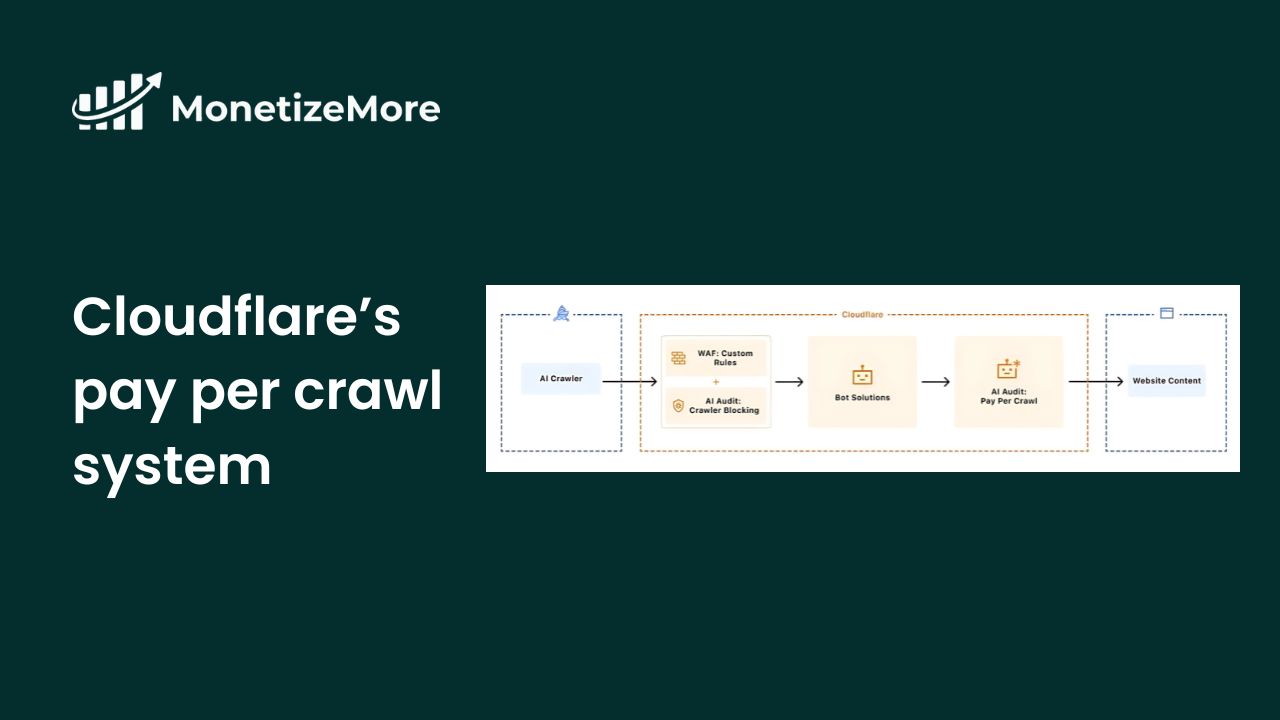
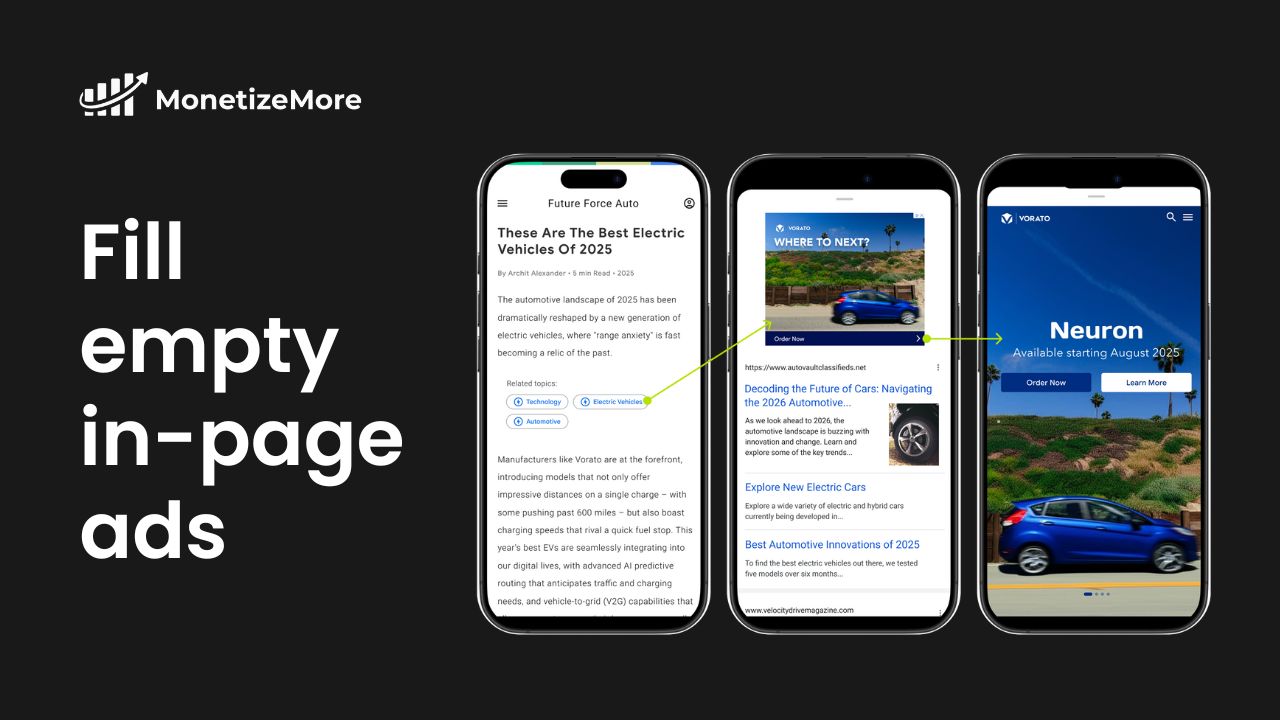
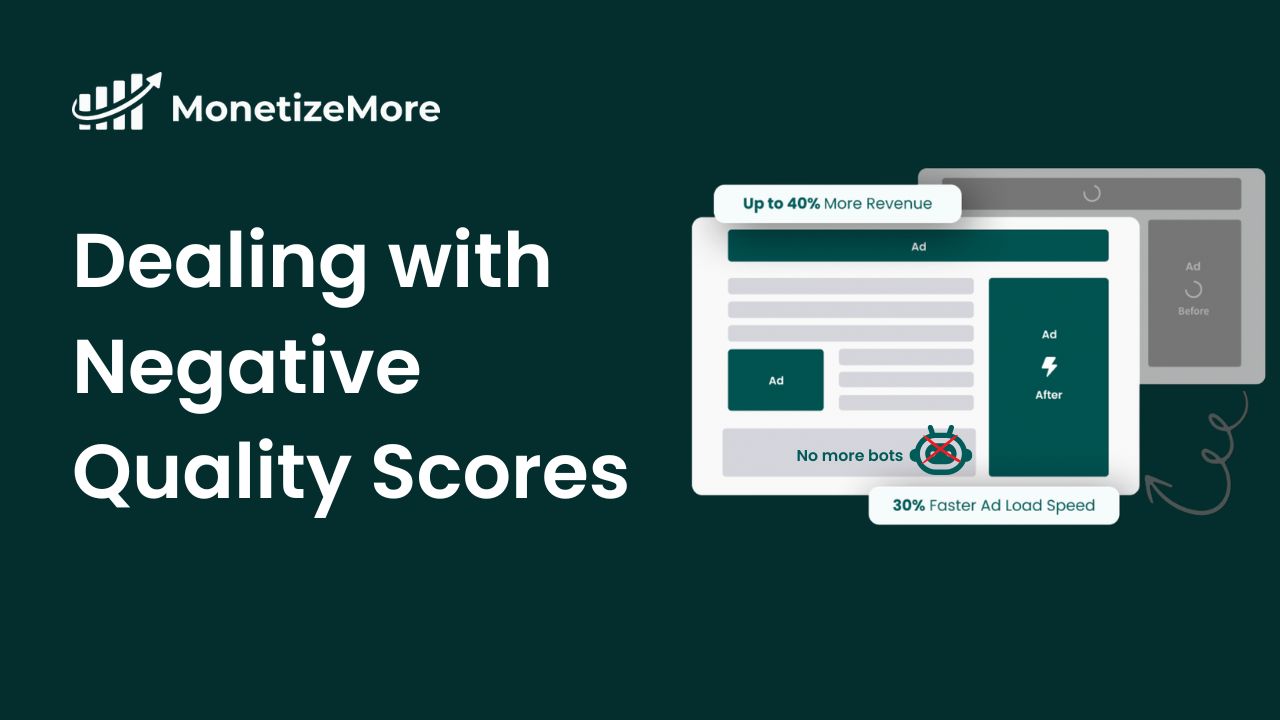
10X your ad revenue with our award-winning solutions.